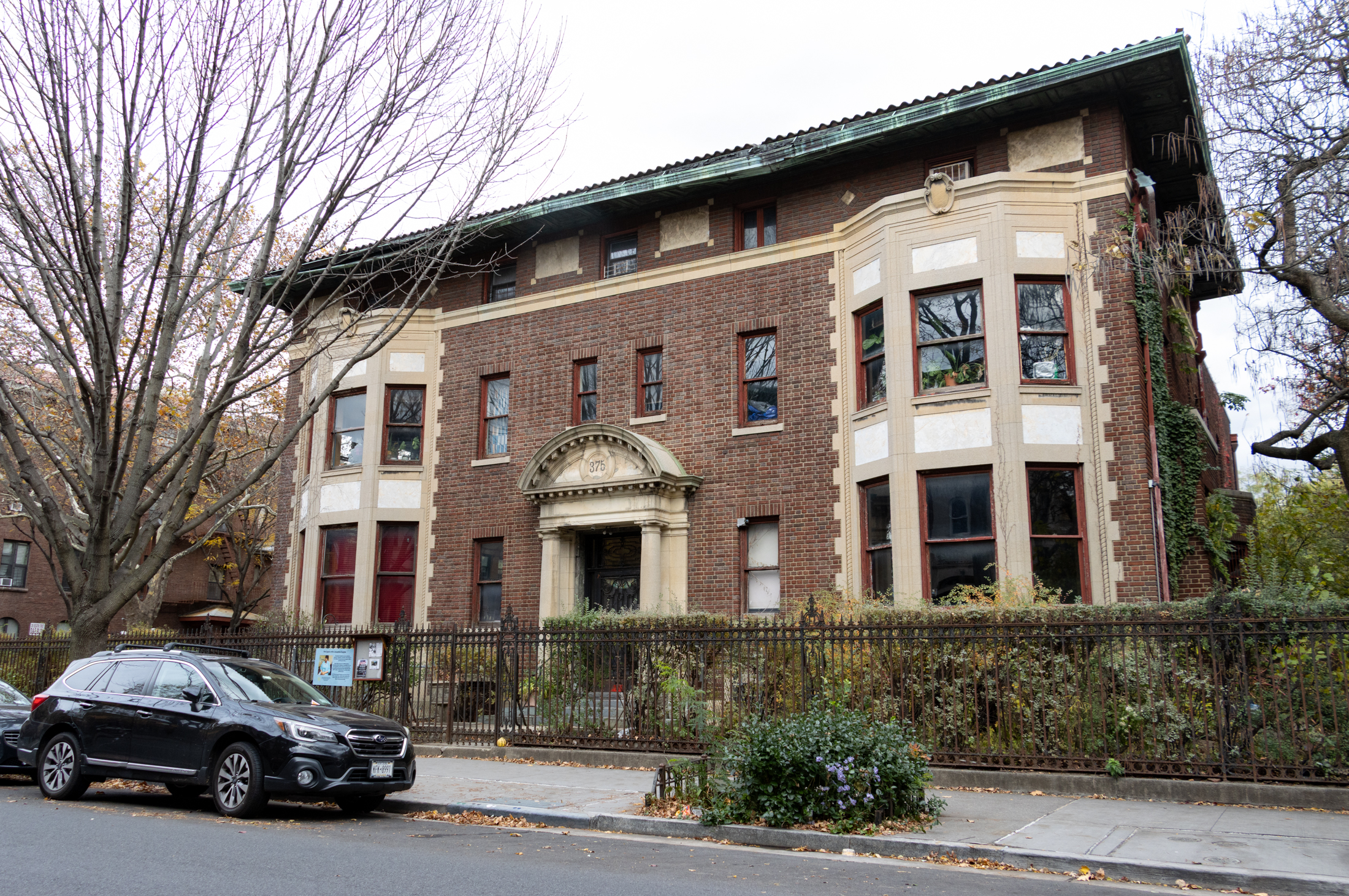Subsidized Housing Hard to Find, Nearly Impossible to Get
The CUNY Graduate School of Journalism’s NYCity News Service has an article that takes a look at how difficult it is for people to qualify for affordable housing in the city, contending that “hundreds of subsidized units across New York City have sat empty in recent years despite offering some of the best deals in…


The CUNY Graduate School of Journalism’s NYCity News Service has an article that takes a look at how difficult it is for people to qualify for affordable housing in the city, contending that “hundreds of subsidized units across New York City have sat empty in recent years despite offering some of the best deals in town.” Aside from mentioning the byzantine rules that make it incredibly tough for applicants to qualify for units (or even find out if they’ve qualified after applying—there’s an example of a woman who’s told she won a lottery to buy a new, affordable co-op, only to later hear that she’s on a waiting list), there are eye-opening bits in the article about how finding tenants or buyers for affordable units isn’t an easy job for developers, either:
Finding tenants or buyers who fit the precise parameters for each building can feel like looking for a needle in a haystack, said developers and the community organizations that partner with them. “We don’t have a shortage of applicants,” said Idris Mignott, a marketing agent for the Pratt Area Community Council, which has developed several subsidized buildings. “We have a shortage of qualified applicants.” Perrella, of the not-for-profit developer Phipps Houses Group, estimated that Manhattan and Brooklyn subsidized housing developers need about 30 applications to fill each apartment. In the Bronx, she said, they often need 50 applicants per unit.
An example is given of a 160-unit Bronx building that took three years to find qualified applicants for all its affordable apartments.
The Subsidized Housing Search ‘Maze’ [NYCity News Service]
Photo by the Pratt Area Community Council





The listings I’ve seen require huge chunks of cash and low income. Who fits that profile? College students whose parents buy for them — not fair.